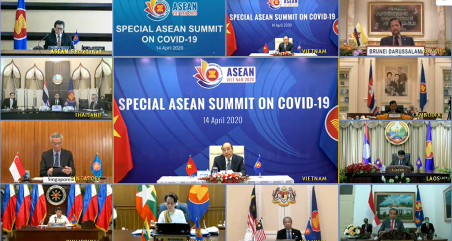ASEANSHARES
- Home
- About Us
Who We Are
About ASEANSHARES
The Association of Southeast Asian Nations, or ASEAN, was established on 8 August 1967 in Bangkok, Thailand, with the signing of the ASEAN Declaration (Bangkok Declaration) by the Founding Fathers of ASEAN: Indonesia, Malaysia, Philippines, Singapore and Thailand.
Brunei Darussalam joined ASEAN on 7 January 1984, followed by Viet Nam on 28 July 1995, Lao PDR and Myanmar on 23 July 1997, and Cambodia on 30 April 1999, making up what is today the ten Member States of ASEAN.

Easy to Operate
We designed our platform in a way that a novice that glide through financial freedom.
Fully Secured
Our Plaform is fully secured and hosted in a top prime server.
Innovative Tools
We have a great tool which help you navigate freely. You don't need anybody's help to operate your account.
Dedicated Support
Our customer care is ready to help out in your journey for financial freedom
Asean Shares
ASEAN Community Councils
Established in 2008, the ASEAN Coordinating Council (ACC) comprises the ASEAN Foreign Ministers and meets at least twice a year to prepare for the ASEAN Summit. The ACC coordinates the implementation of the mandate of ASEAN Leaders and all cross-pillar initiatives of ASEAN. As stipulated in the Article 8 of the ASEAN Charter, the ACC shall:
1. prepare the meetings of the ASEAN Summit;
2. coordinate the implementation of agreements and decisions of the ASEAN Summit;
3. coordinate with the ASEAN Community Councils to enhance policy coherence, efficiency and cooperation among them;
4. coordinate the reports of the ASEAN Community Council to the ASEAN Summit;
5. consider the annual report of the Secretary-General on the work of ASEAN;
6. consider the report of the Secretary-General on the functions and operations of the ASEAN Secretariat and other relevant bodies;
7. approve the appointment and termination of the Deputy Secretaries-General upon the recommendation of the Secretary-General; and
8. undertake other tasks provided for in this Charter or such other functions as may be assigned by the ASEAN Summit.
AseanShares is trusted by 6+ million users in 10+ countries
One Vision, One Identity, One Community.




AseanShares Coordinating Council
An investment that takes you to great heights
The APSC Council comprises members of ministerial rank as designated by the respective ASEAN Member States. In practice, almost all ASEAN Member States is represented by their respective Foreign Ministers, with the exception of Indonesia, which is collectively represented by its Foreign Minister and its Coordinating Minister for Political, Legal, and Security Affairs.
In line with the AEC Blueprint 2025, the AEC Council is the principal body accountable for the overall implementation of the strategic measures in the Blueprint, by monitoring and enforcing the compliance of all measures agreed in the document
The ASCC Council shall work towards an ASEAN Socio-Cultural Community that engages and benefits the people, and is inclusive, sustainable, resilient and dynamic.
A community of opportunities for all

- 70A Jalan Sisingamangaraja Jakarta 12110
- contact@aseanshares.org
-
P: (+6221)7262991, 7243372
F: (+6221)7398234, 7243504
